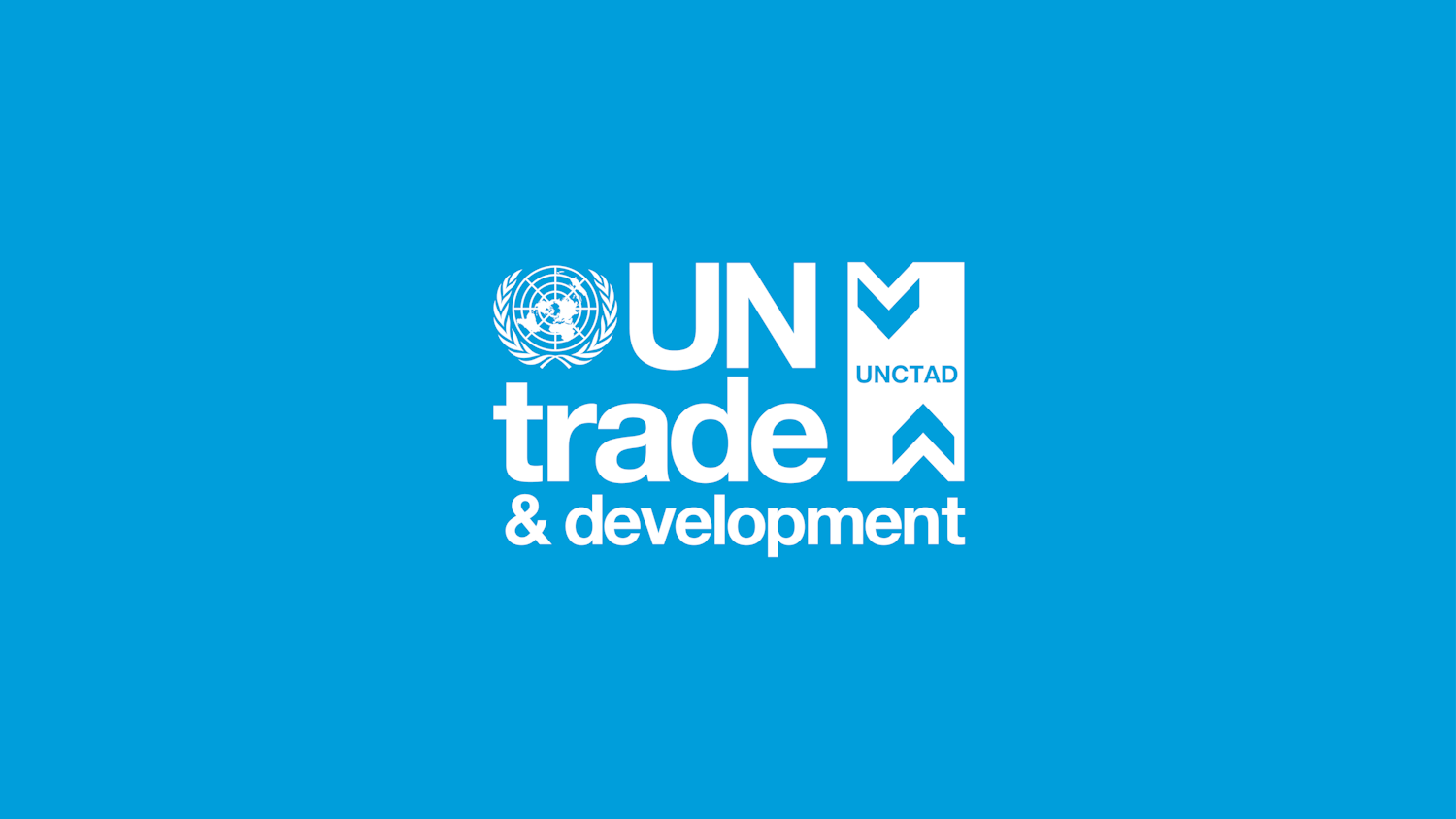Body
Trade, finance, and investment are central to achieving a low-carbon global transformation. Trade plays a key role in spreading clean technologies, strengthening supply chains and lowering the cost of climate action. Aligning trade and climate policies can deliver greater emissions reductions per dollar spent by facilitating access to renewable energy goods and services and repurposing environmentally harmful subsidies. Trade policies can also be leveraged to reduce distortions, promote pro-climate goods and services, and accelerate the deployment of green technologies through investment, technology transfer and capacity-building. These combined efforts demonstrate that coherent trade, finance and investment policies are essential to make climate goals achievable and to ensure that the transition supports inclusive and sustainable development.
Continuing these broader efforts to align finance, investment, trade and climate agendas, a high-level session is being organized to showcase how low-carbon and green value chains can support emissions reduction goals, foster climate-resilient growth and unlock trade and investment opportunities in developing countries. With the SDG investment gap exceeding $4 trillion annually – much of it linked to renewable energy and sustainable infrastructure – bridging this financing gap is essential to deliver on Nationally Determined Contributions (NDCs), advancing structural transformation and building competitive low-carbon sectors.
The session will present initiatives that promote decarbonization, economic diversification and the development of sustainable value chains in developing countries. These initiatives are led or supported by international organizations — including UNCTAD and UNDP, as part of their contribution to the Baku Initiative on Climate Finance and Investment for Trade (BICFIT), launched in 2024 under the COP29 Presidency (Azerbaijan), as well as the World Trade Organization (WTO), International Trade Centre (ITC), International Chamber of Commerce (ICC), and other partners. The discussion will also highlight how strategic partnerships — such as public–private partnerships (PPPs), multilateral development banks (MDBs) and development finance institutions (DFIs) — can mobilize private capital and accelerate progress toward sustainable development.
The session will conclude by highlighting concrete examples of how sustainable value chains can advance the implementation of NDC targets and support the transition to low-carbon, climate-resilient economies and SDGs. It will showcase pathways for greener production, economic diversification, and greater inclusion of SMEs in sustainable trade. Participants will also discuss practical mechanisms to scale up investment in sustainable sectors, strengthen technology transfer and capacity-building, and enhance international cooperation. In doing so, the session will illustrate how trade-led approaches can translate climate commitments into tangible development turning trade into an enabler of the Paris Agreement and the Sustainable Development Goals.






